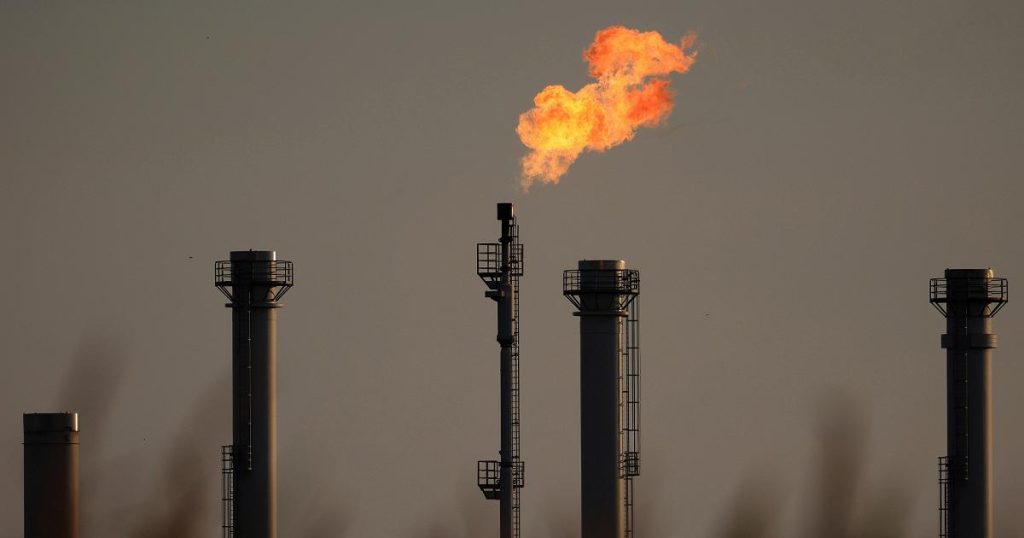The decree legislative revision of excise provisions approved for preliminary examination by the Council of Ministers includes a variety of measures aimed at simplifying and improving regulations related to excise taxes. Specific changes include revising the assessment, liquidation, and payment methods for natural gas excise taxes, moving away from the current historical deposit system to monthly installments based on consumer billing. This is intended to prevent economic exposure for industry operators and make fraud more difficult. The same methodology will be applied to electricity excise taxes to ensure continuous monitoring of electricity volumes traded by sellers to protect public funds.
In addition to the gas and electricity excise tax reforms, the decree also introduces simplifications for retail alcohol sales establishments such as bars. Under the new rules, the notification requirements to the Customs and Monopolies Agency will be absorbed by the previously mandated communication of the alcohol sales activities’ initiation, presented to the Single Desk for Production Activities. Licenses will only be required for specific types of alcohol product storage above predetermined minimum volumes. Furthermore, there are provisions regarding tobacco products, including extending the authorization for selling liquid inhalation products and processed tobaccos from 2 to 4 years.
The legislative decree also introduces the Qualified Accredited Obliged Subjects (SOAC) system, establishing a trust relationship between obligated entities and the financial administration. This system, named SOAC, allows qualified subjects to access significant benefits, such as exemption from guaranteeing tax payments and reducing specific administrative burdens. The SOAC qualification is valid for 4 years, renewable, and reputation-based, distinguishing qualified subjects from other industry operators. It replaces other procedures for guarantee exemptions and offers three qualification levels – basic, medium, and advanced – each corresponding to different benefits.
The decree also includes measures related to lubricating oils and similar products, aimed at reorganizing, updating, and clarifying sector regulations. A simplification is introduced for operators allowing aggregated accounting for homogeneous products for periodic inventories, simplifying procedures and reducing legal disputes. It is clarified that the reform does not affect fuels such as gasoline and diesel, as the legislative decree addresses gas, electricity, lubricating oils, and tobacco products. These changes are administrative in nature and do not impact the fuel sector.
Overall, the legislative decree on excise provisions revision approved by the Council of Ministers encompasses various regulatory changes intended to streamline processes, strengthen monitoring, and reduce economic exposure for operators. The reforms include updating excise tax assessment methods for natural gas and electricity, simplifying alcohol retail sales reporting, extending authorizations for tobacco products, introducing the SOAC qualification system, and clarifying regulations for lubricating oils. Despite the breadth of these changes, the decree does not affect the fuel sector, focusing instead on administrative improvements in other excise tax areas.


